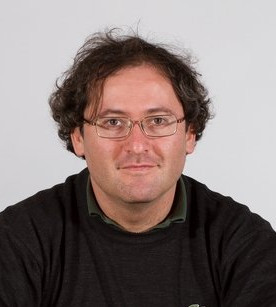Πάντα ῥεῖ

In 2021 I left the Ivory Tower to taste what life was like for an European Mandarin. This adventure might be temporary or permanent, time will tell. This webpage is a memento of what it was.
Welcome to my academic webpage. I am an associate professor at the Department of Computer Sciences and Artificial Intelligence at the University of Granada, Spain.
I teach computational and artificial intelligence topics to computer science students. I also teach biomedical informatics to future health professionals.
My research involves the use of computational techniques -Machine Learning- to analyze large datasets generated in scientific and biomedical studies. My current project aims to use Artificial Intelligence models to improve the analysis of student performance: Learning Analytics.
